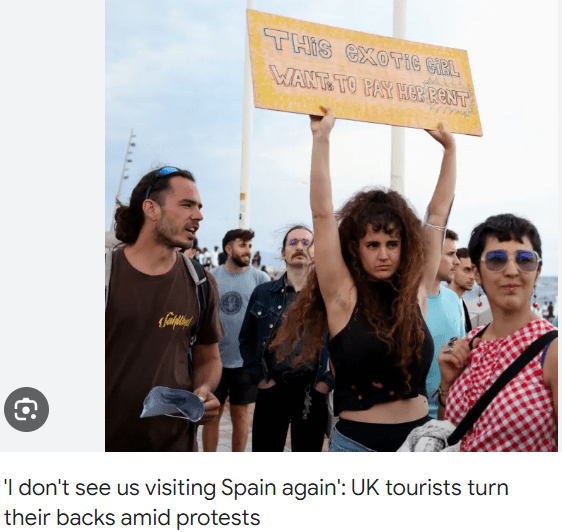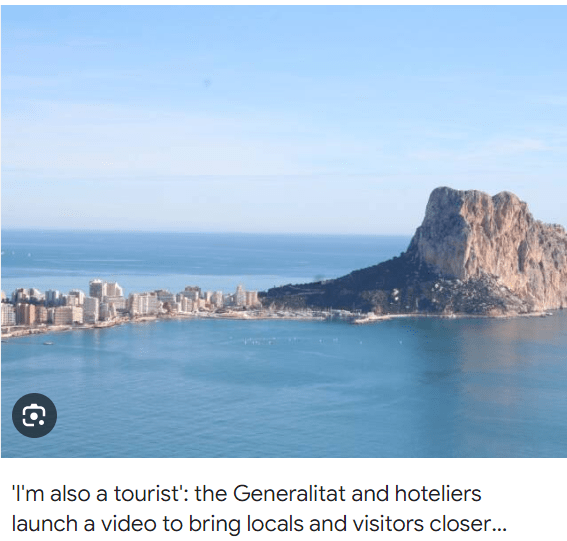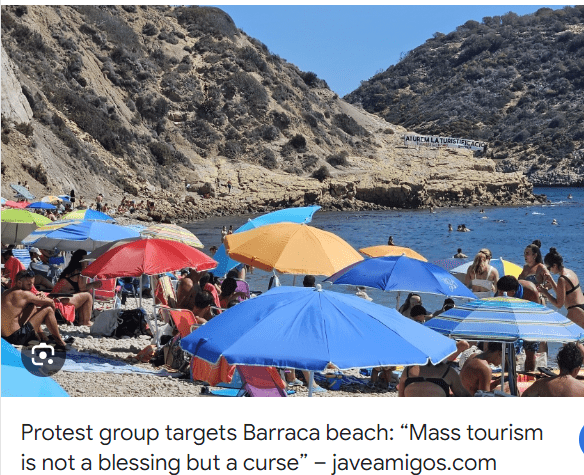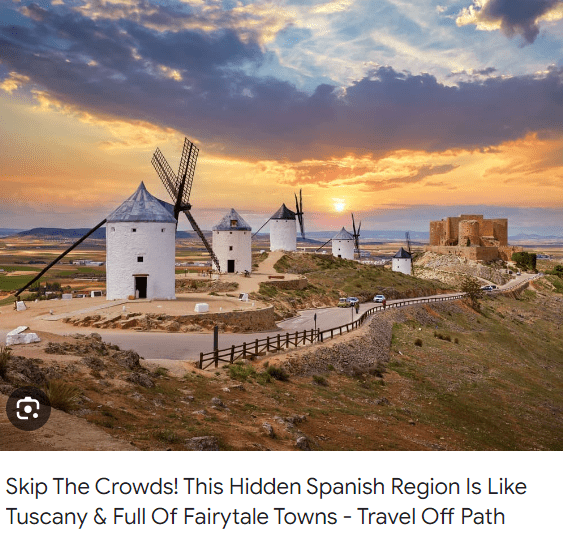On the 4th of October, the Discussion group had its first meeting after the summer break. We have quite a few new members, and our discussion group photo has been updated.
The subject is relevant to all of us living permanently in Spain or non-residents coming from the UK for an allowed period per year.
We read and know from news channels about anti-tourism protests spreading in the most visited cities and resorts in Spain and Europe. But before we started our talk one of the first questions was to define who can be called a tourist. Some said that a few local Spanish people view those of us who came to live here are also tourists.

However, we decided that tourists are those who come on vacation and stay here for a relatively short period.
We noted that the tourism industry is very important for the Valencia region. The Valencian Tourism Minister has publicly defended tourism as a crucial part of the region’s identity and economy. “Yo también soy turista” campaign, which translates to “I am also a tourist,” is an initiative launched in the Comunidad Valenciana. Its idea is to develop a positive relationship between tourists and residents amidst growing anti-tourism sentiments in various areas of the country. It was created in response to increasing “tourism phobia,” where locals express resentment towards tourists, often blaming them for various societal issues. The campaign emphasizes to residents that tourism accounts for about 16% of the region’s GDP, highlighting its importance to the local economy.

Foreign residents living in Spain, which means us as well, are included in the “resident” category, encouraging them to also embrace the tourist-friendly mindset.
Nevertheless, we had a lot of comments from members of the group about how overcrowded Javea and other sea towns become in summer, that it was not so bad years ago and that Javea municipality is not doing their job to maintain a reasonable balance of influx of people and is not providing sufficiently different basic services when demand increases in summer threefold.

An especially negative view was expressed about Airbnb and similar accommodation rentals, sometimes for many people who often are very noisy and are not interested in the environment or in taking care of it.
In general, we agreed that problems with tourism are complex and there is no good solution, would it be a moratorium on new tourists’ licences or fines for illegal apartment rentals.
One of the options is to promote places in Spain which need tourists

We understand that Javea municipality has a team carrying out a review of all tourist-related issues over the next 6 months and will then submit their proposals to the council. It will be interesting to see what the review identifies and the proposals to improve matters.
